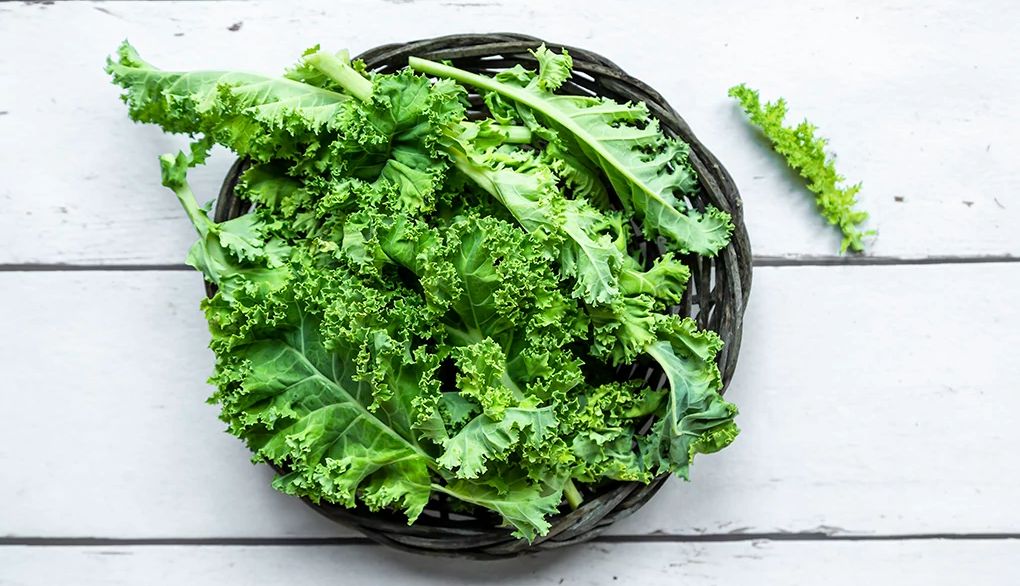Challenges


What you eat influences how you think. It’s that simple. Your food choices affect your brain and may even make a difference between clear thinking and forgetfulness. Meals and snacks may also determine your mood — whether you feel upbeat or blue, energetic or sluggish.
“There is no single magic dietary bullet for brain health, in part because a healthy brain depends on having the rest of your body healthy as well,” says Walter Willett, M.D., professor of epidemiology and nutrition at the Harvard T.H. Chan School of Public Health.
A wide variety of nourishing foods is best for maintaining a healthy brain, Willett notes. “Good blood circulation is important, so healthy fats and healthy carbohydrates are a good beginning,” he says.
Here are 10 foods research suggests may help support brain health, along with recipes to help you make these superfoods part of your super diet.
This leafy green is rich in naturally occurring plant pigments such as carotenoids, which can help support better cognitive function as we age. A higher intake of carotenoids from foods like kale was associated with a lower risk of Alzheimer's disease in a study that analyzed several years of data from 927 adults with an average age of 81. The results were published in The American Journal of Clinical Nutrition in 2021.
Need some inspiration? Try Kale Salad With Preserved Lemon & Walnuts or dried kale chips, just make sure they’re not loaded with salt, sugar or cane syrup (another name for sugar).
Soft-boiled, hard-boiled, scrambled or coddled, eggs benefit your body and brain. The yolks are packed with choline, a nutrient related to B vitamins that is involved in producing chemicals that affect mood and memory. The recommended daily intake of choline is 425 mg for women and 550 mg for men, but one study found that a daily intake of as little as 187.6 mg — for context, one large egg has 147 mg — was associated with better cognitive performance. Published in Behavioural Neurology in 2021, the study analyzed data from 2,393 adults over the age of 60. An added bonus: Egg yolks are also a stellar source of natural vitamin D, which some research has linked to protection against memory loss.
Try Spicy Poached Eggs in Tomato Sauce.
This green fruit is a good source of lutein, a nutrient that’s important for brain health as well as eye health. A diet rich in lutein was linked to better cognitive function in a study published in Public Health Nutrition in 2021 that analyzed data from 6,390 adults ages 50 and older. Although avocados contain fat, it’s unsaturated fat, the kind called “good fat” because it can improve blood cholesterol and stabilize heart rhythms.
Pair this Creamy Avocado and Bean Wrap with tortilla chips and salsa.













More From Staying Sharp
30-Day Meal Plan to Support Weight Loss Goals
Eat more fiber, lower inflammation and lose weight in this 30-day meal plan
Ways to Give Your Smoothie a Protein Boost
Avoid hunger pangs and make your smoothies more satiatingReducing Sugars May Help Counter Effects of an Aging Brain
Too much sugar can send glucose climbing and block blood flow to brain